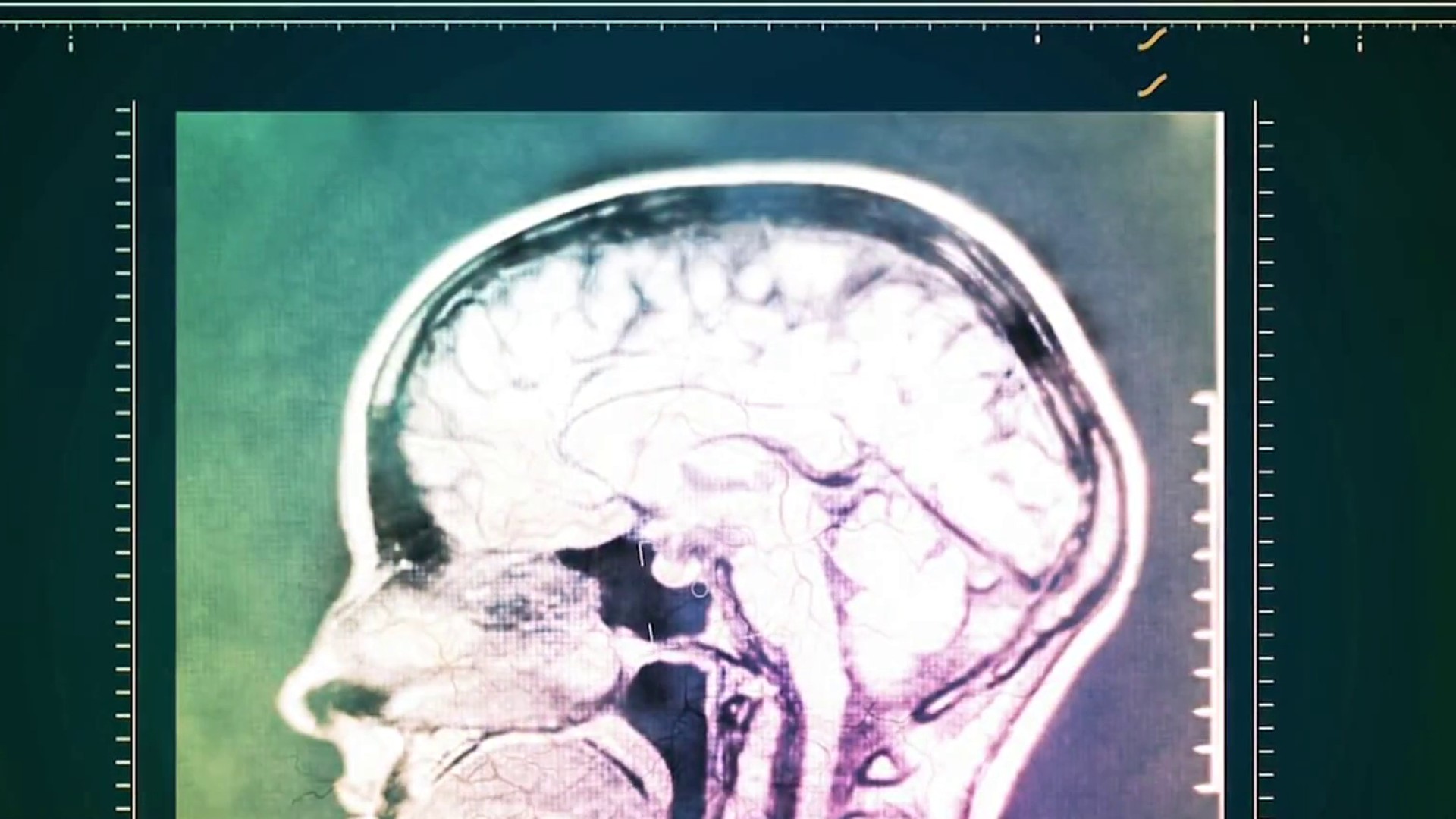When breast cancer spreads, it often invades bone. As bones weaken they become painful and are at risk of fracture. But there are strategies that can help stabilize bone and reduce the likelihood that they will break. Below, Dr. Lee Rosen, Director of the Novel Therapeutics Cancer Program at UCLA's Jonsson Cancer Center, discusses the treatment and prevention of bone complications in breast cancer.
How do bone complications arise from breast cancer?
Bone complications are extremely common in breast cancer, particularly in those people with advanced disease. In fact, it's rare that people with advanced disease don't have bone complications. Tumors can invade the bones directly, or they can cause chemical changes in the body that cause bone loss.
Is this a clinically significant problem for people living with breast cancer?
Bone complications are usually quite painful, and patients will need radiation therapy, or strong pain medication to address the pain. Some have fractures, and may need surgery, so yes, bone complications do present clinically important problems.
How are these complications diagnosed?
Most of the time patients will come in with symptoms of bone pain or joint aches or complaints of something not feeling right. We have methods of monitoring for bone complications. We check people's blood counts and can use different radiographic examinations like bone scans or CAT scans to make a diagnosis.
What are the main treatment options?
Pain and fractures limit peoples' ability to do things, and compromise their quality of life. We try to address these symptoms aggressively and quickly. Lots of treatment options exist. There are pain medications, surgery, radiation therapy and bisphosphonate therapy, the new intravenous medications that can help prevent bone complications, or prevent them from becoming worse.
How do you decide which treatment is right?
There are, essentially, two categories of bone complications from breast cancer. One is an emergent complication, where someone is having severe pain that needs to be fixed and needs to be addressed right away. For those patients, we use pain medicine and sometimes need to resort to radiation therapy or surgery.
But the ideal approach is to prevent the bone complications from occurring in the first place, or at least lessen their severity. So now it is the standard of care for women with breast cancer and bone complications to be treated with bisphosphonate therapy to prevent the bone complications from becoming worse.
Health
When would you use surgery or radiation therapy?
Radiation is a very effective way to control pain. It obviously entails coming to a medical center daily for a period of days or weeks to fix the pain, but can be quite effective in a particular area where the bone complication is occurring. Surgery would only be used in the case of a fracture or an impending fracture, but it's best not to resort to surgery unless it's absolutely necessary.
If the bone complication is in the spinal bones, those bones can cause pressure on the spinal cord itself and cause trouble to patients' nerves. Pain and even paralysis can occur in these cases, and they need to be treated immediately. Spinal cord compression can be treated with radiation therapy and sometimes surgery, but you'd like to prevent it before it occurs.
Are bone complications in breast cancer patients different from those associated with other types of cancer?
Usually breast cancer bone complications occur throughout a patient's body, so there are usually many of them occurring at the same time. Bone complications in other types of cancer are just as severe, but usually occur in particular areas. Also, these complications are very, very common in breast cancer, so you'd almost like to prevent them before they can occur.
What can be done to prevent or slow these complications?
Bisphosphonates are a class of drugs that have been around for a while, and can be used to strengthen bones and prevent a lot of the complications caused by bone tumors or the chemical changes that bone tumors cause in cancer patients. A number of bisphosphonates have been developed, and they can improve patients' quality of life, delay the need for pain medicine or radiation or surgery, and they can prevent the spread of the bone cancers themselves. It has very few side effects and can be administered very easily, and it's effective.
What advice do you have for women with breast cancer who may be worried about bone complications?
It's really important for people with breast cancer to speak with their physicians about all of the available treatments, both for the cancer itself, and the complications of the cancer. It's also important that they understand the potential side effects of the various medications, and that doctors be open and honest about how the medicines can help improve quality and length of life.



